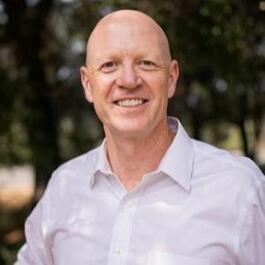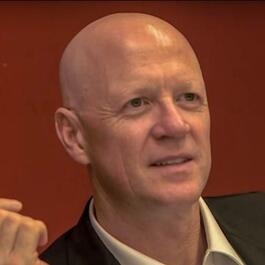
S2E18. Leif Wenar on Unity and the Resource Curse
On this episode of Free Range, host Mike Livermore is joined by Leif Wenar, professor of philosophy at Stanford University and author of Blood Oil: Tyrants, Violence, and the Rules that Run the World. Wenar first delves into his argument that the “resource curse” arises when natural resource wealth correlates with authoritarianism, conflict, and corruption. He explains this results from international rules allowing whoever controls resources to sell them legally, thereby empowering dictators and militias. Consumers are thus complicit in funding coercion through everyday purchases. To counter this, Wenar contends we should reform the rules to only allow purchasing natural resources from governments minimally accountable to their people. He provides specific civil liberties criteria to make this accountability judgment, noting countries like Brazil have already pursued such legislation. Beyond pragmatism, Wenar argues this principled reform based on popular sovereignty would prevent our complicity in suffering and reflect our professed ideals (0:37-28:13). This relates to Wenar's philosophical work on “unity theory” - the view that intrinsic goodness lies in unity of one's will with the world, unity amongst people, and unity within oneself. Acts like cruelty and domination exemplify disunity and are intrinsically bad, while kindness and altruism reflect unity and are intrinsically good. Love represents the pinnacle of unity's value. Applied to resources, the status quo divides countries against themselves and pits the West against other nations in lose-lose conflicts. Though divisions abound, Wenar finds hope that humanity's growing cooperation and stability suggest we are gradually unifying more over time. Ultimately, we should change unjust rules which divide peoples from their resources in order to build a more unified world. This connects to Wenar's foundational value theory. He argues prevailing accounts based on pleasure or desire satisfaction fail to capture much of what we view as intrinsically good and bad. Unity better explains the full range of our value judgments, from the innate badness of spite and cruelty, to the essential goodness of love and altruism. Reform to unite people and resources is thus both pragmatic and philosophically grounded in a robust theory of value (28:14- 1:07:00).
From "Free Range with Mike Livermore"



Comments
Add comment Feedback